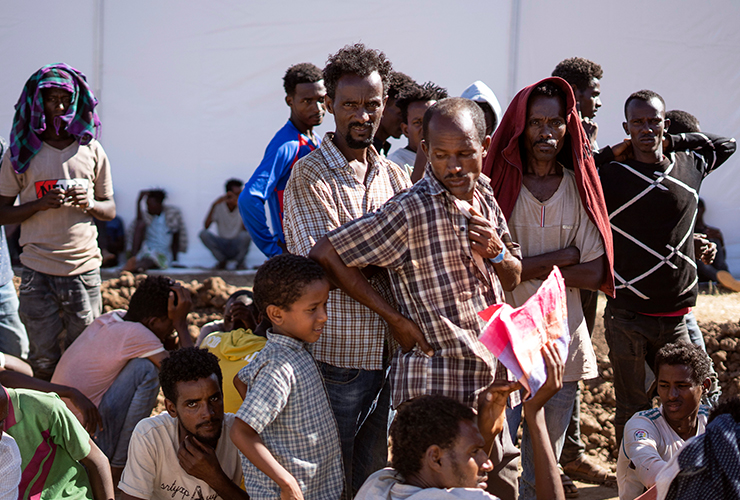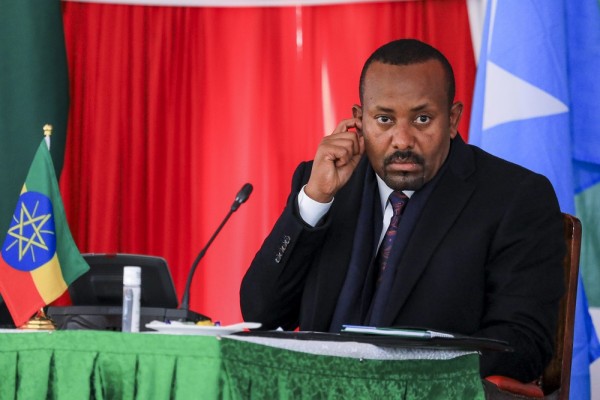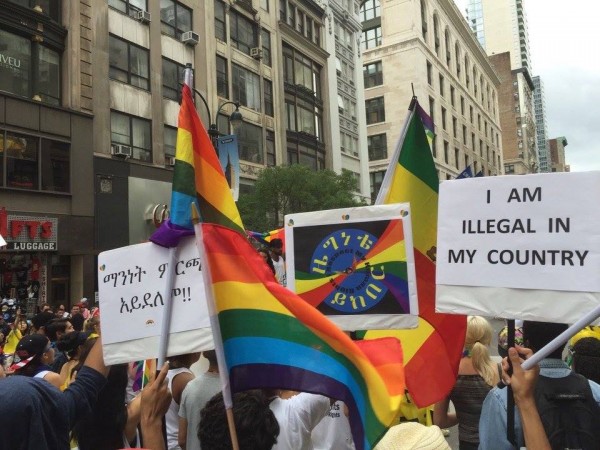The International Press Institute (IPI), the global network of editors, media executives and leading journalists, today vehemently condemned the Ethiopian government’s decision to expel The New York Times journalist Simon Marks describing it as an attempt to stifle the media.
According to media reports, Simon Marks was summoned by the authorities on May 20 and driven to the airport, where he was detained for over eight hours before being deported on a flight around 12.30 am this morning. The journalist was not allowed to go home to collect his passport.
Early last month, authorities had cancelled the accreditation of the Irish journalist, who had reported extensively for The New York Times on the conflict in Tigray, accusing him of “unbalanced reporting”.
“The expulsion of Simon Marks is a blatant attempt by the Ethiopian government to silence the media”, IPI Executive Director Barbara Trionfi said. “The government has been intimidating journalists and detaining them to hide the atrocities committed by its soldiers in Tigray and supress independent media ahead of the parliamentary elections next month.”
The New York Times Assistant Managing Editor for International news Michael Slackman, a member of the IPI network, condemned the Ethiopian authorities for their treatment of Marks. “It is alarming that the government of Ethiopia treated the journalist, Simon Marks, like a criminal, expelling him from the country without even letting him go home to get a change of clothing or his passport”, he said.
Censoring the Tigray War
Over the past few months, the Ethiopian government has unleashed a campaign to muzzle independent media and critical journalists in the country. In March, two journalists and two translators, including a BBC reporter and translators working for AFP and Financial Times, were arrested in the conflict-torn Tigray region. Earlier in February, three armed men raided the home of freelance reporter Lucy Kassa, who had reported on the Tigray conflict, seized her laptop and recorder, and threatened to kill her if she continued to report on the conflict.
In a report published on May 13, The New York Times said that the government of Prime Minister and Nobel Peace Prize laureate Abiy Ahmed was suppressing critical reporting on the Tigray conflict by threatening and detaining journalists. Since fighting broke out between the national government and the formerly ruling Tigray People’s Liberation Front in November last year, the region in northern Ethiopia has been in turmoil.
In a tweet on May 14, US ambassador to the United Nations, Linda Thomas-Greenfield condemned human rights violations and the attacks on journalists in the Tigray region, stating that “those responsible must be held accountable”.
Since the beginning of this year two journalists have been killed in Tigray, according to IPI’s records. In January, Dawit Kebede, a journalist working for Tigray TV, was shot dead by unidentified persons. Earlier this month, Sisay Fida, a journalist working for a regional news outlet Oromia Broadcasting Network, was killed by militants in Oromia Regional State.



